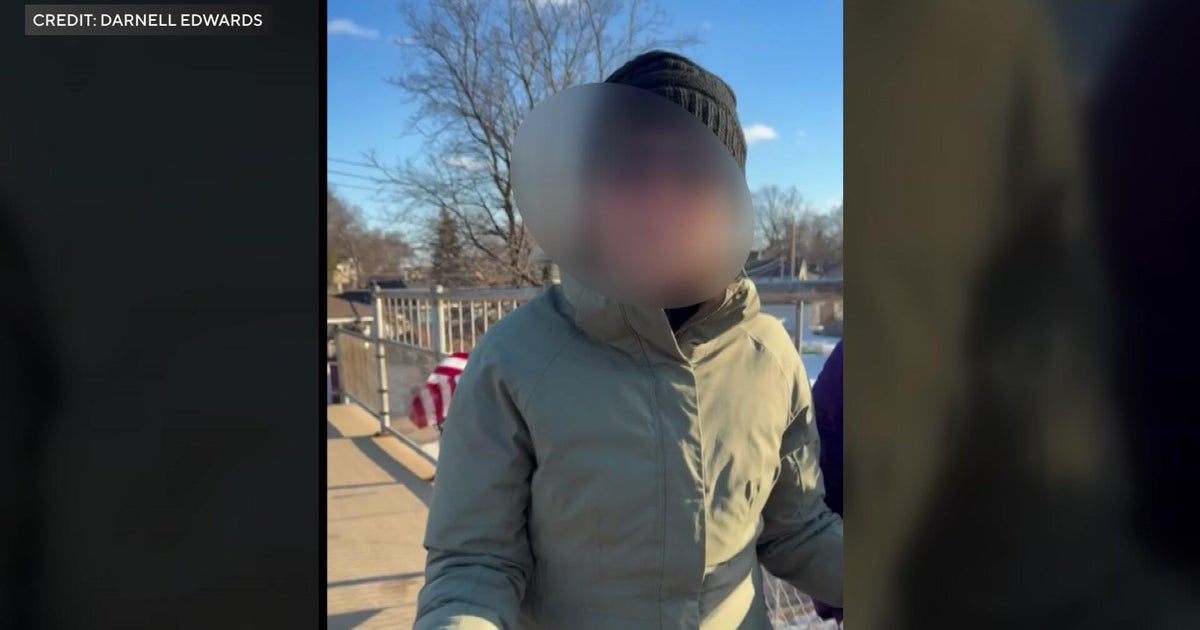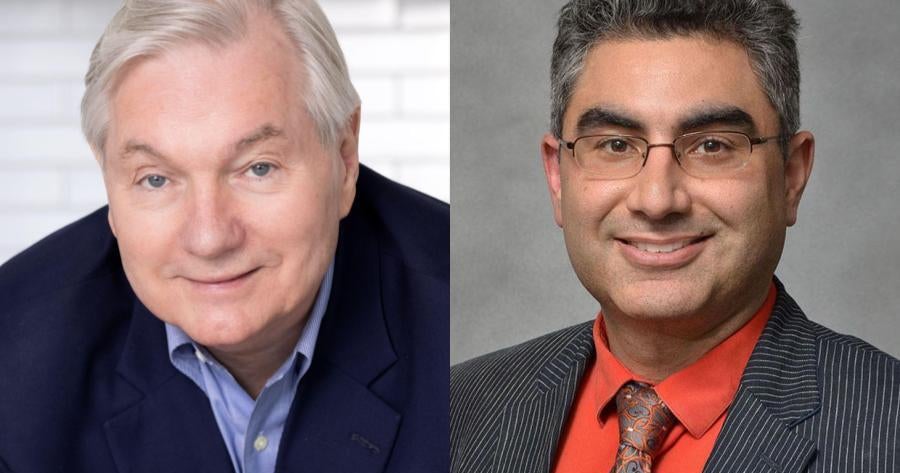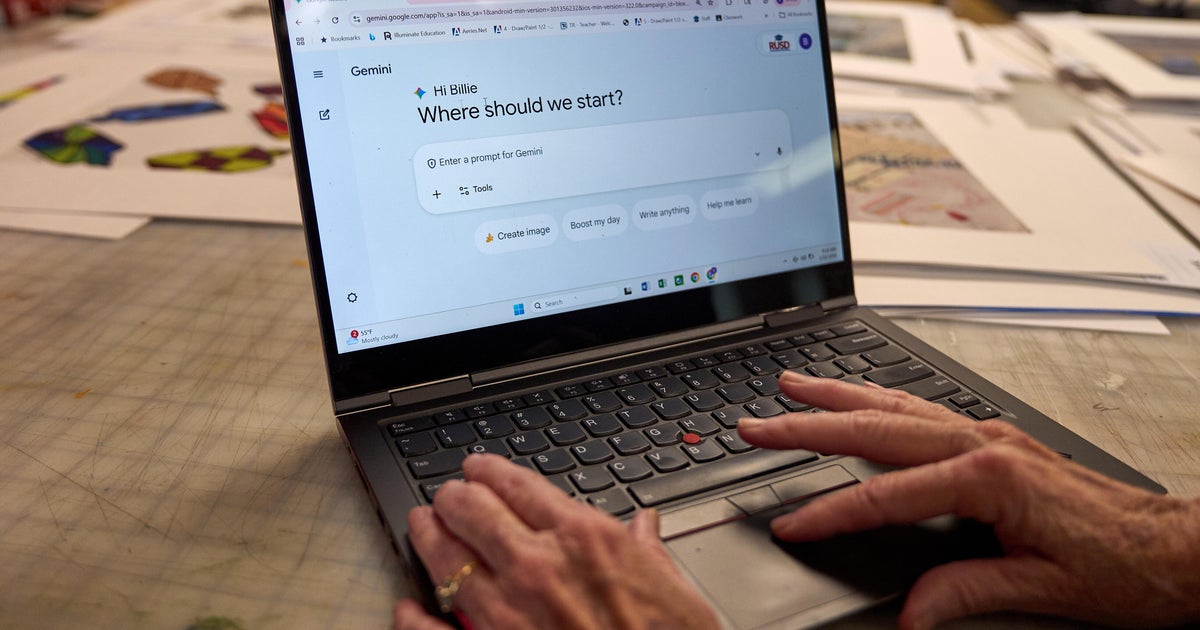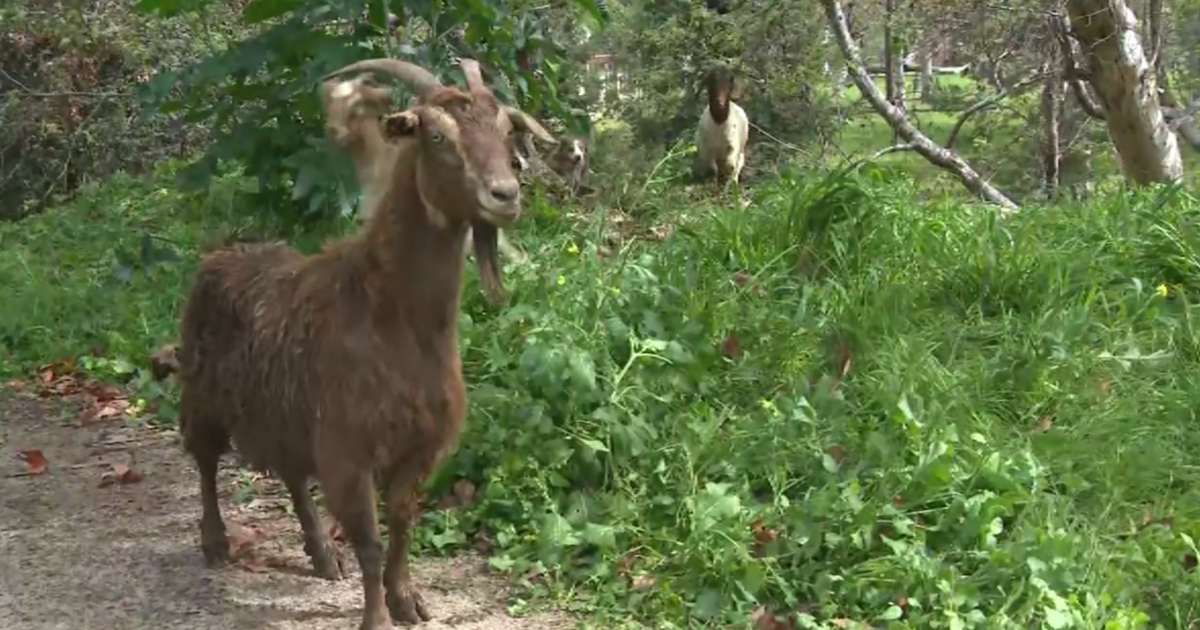Clarifying COVID: How Long Does Immunity Last After Getting The Virus?
MINNEAPOLIS (WCCO) -- It's been about a year since the first case of COVID-19 was detected in Minnesota. And since then, life has changed and the virus has evolved.
Even though we know more about this virus now than we did last March, there's still a lot of information to track — and it can get a bit overwhelming. So, every week, we'll be asking experts about recent COVID-19 developments.
Returning this week is Dr. George Morris, who is the Physician Vice President for Performance Excellence at CentraCare. Since January of last year, he's been serving as the physician incident commander for CentraCare's COVID-19 response.
Watch the video above, or read his answers to some of the bigger COVID-19 questions below.
Let's start out with a viewer question. Lynda asked: "I had COVID-19 on Nov. 13. Could I get it again?" So, how long does immunity last after getting the virus?
We still are looking at about three to four months, as far as that timeline for when your immunity is best.
And we have had a few Minnesotans that have developed COVID a second time, that reinfection, second infection. And we have even a few Minnesotans that have developed COVID after vaccination.
But those cases should be very rare and those people will be minimally symptomatic. So very mild cases.
Are there ways we can prepare our bodies for potential COVID-19 infection?
The best prevention right now is the vaccine and then along with masking, social distancing and keeping things clean. The other thing that we can do, you might say from inside out, are to keep yourself healthy. In other words, if you have chronic diseases, get them cared for whether that's obesity, diabetes, heart disease, make sure you're as healthy as possible.
I think there are probably a few other things that I think are key to basically setting yourself up for success against COVID.
They include exercise, so maintaining a healthy lifestyle helps.
Along with that comes with good sleep. Sleep habits are very important for preventing diseases.
Maintaining a healthy mind, you know, that positive attitude, is another thing that can help people out.
Is there a chance we could see another surge of cases in the spring and summer?
I understand a lot of us want to get out, it's been a brutal cold spell here in Minnesota. But be very careful. Travel should be minimal. Try not to go too far away. If you do travel, be safe. You know, so don't go into large crowds. Think small. Think intimate with your family members, and think safe space. And those are the things that are going to help us out to prevent, you know, a bigger spring or early summer surge from Minnesota.
Minnesota has administered more than 1 million vaccine doses since December. How fast will the next 1 million doses get out to people?
You can think of it as a bell-shaped curve, you know, much like when we showed COVID, on graphs early on, we looked at this bell-shaped curve, where it was going to rise, peak, and then kind of come down.
What I think we're gonna see with our COVID vaccinations, we've had a little bit of the initial phase and now we're at that bottom part of the curve.
We can see we've been around 180,000 doses per week, over the past month or so. And if we can double that, I think that is where we really can get to 2 million, 3 million, 4 million doses, you know, at least into this summer. And on the tail end of that, we will have some people that are a little delayed, might have missed (the vaccine), might have been a little bit more reluctant, or their medical condition, you know, could have been such that we want to delay it a little bit. Though those are rare.
NOTE: COVID-19 data in Minnesota is updated daily by the Minnesota Department of Health. You can find updates on our coronavirus page, as well as the health department's website.
If you have questions or story ideas, email tips@wcco.com.







